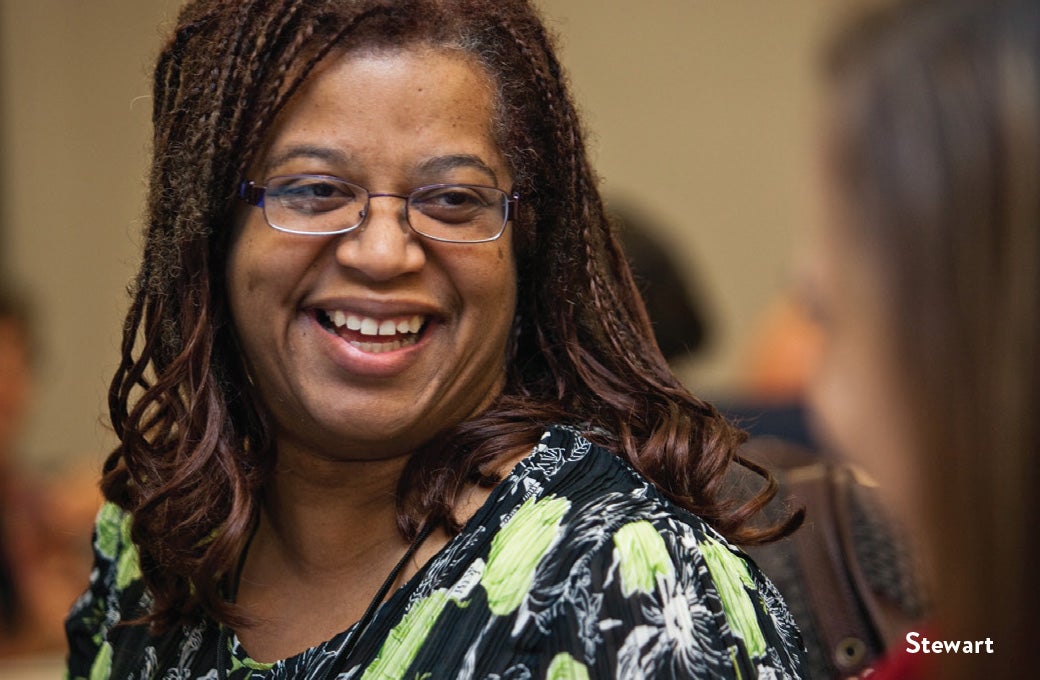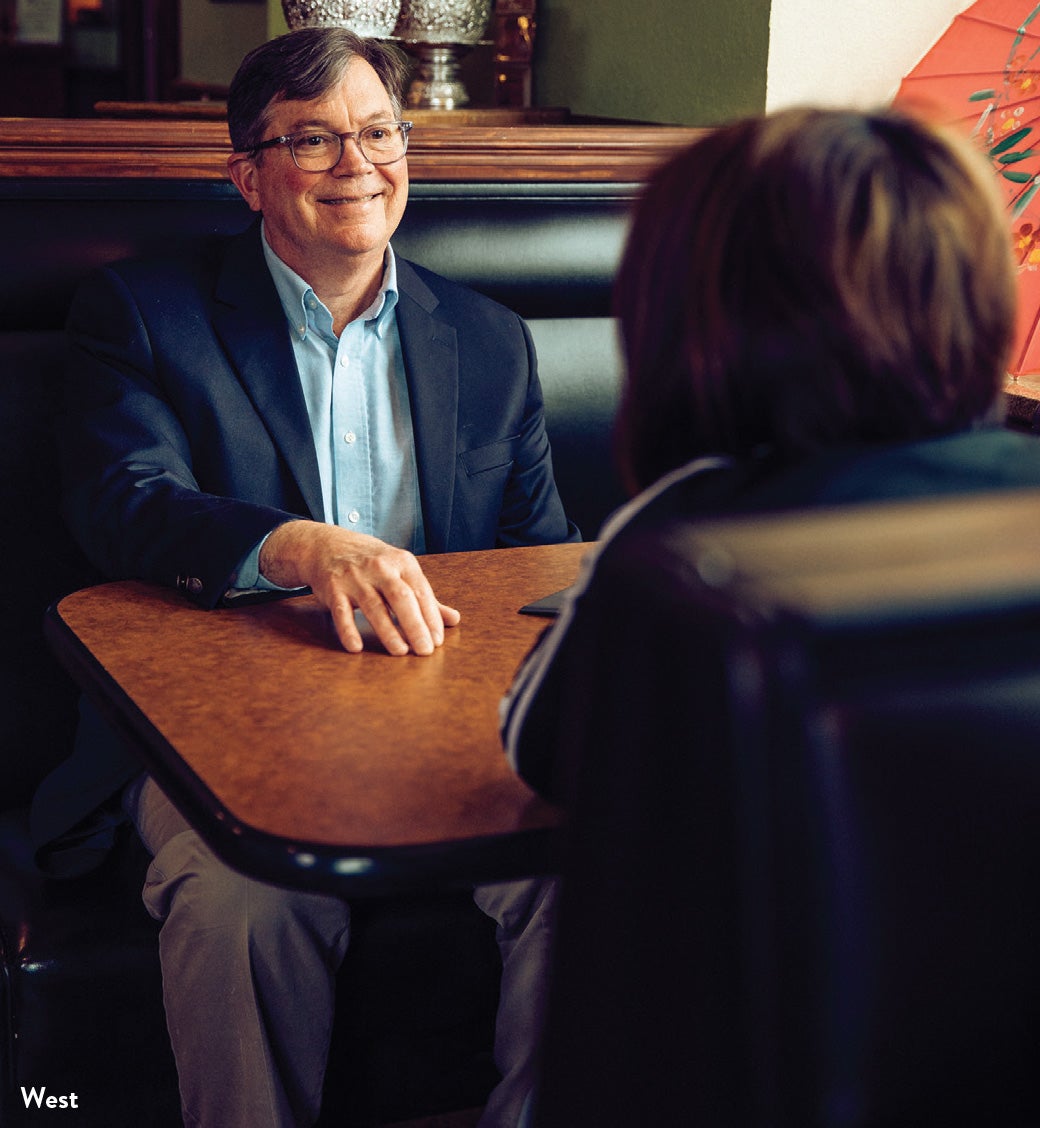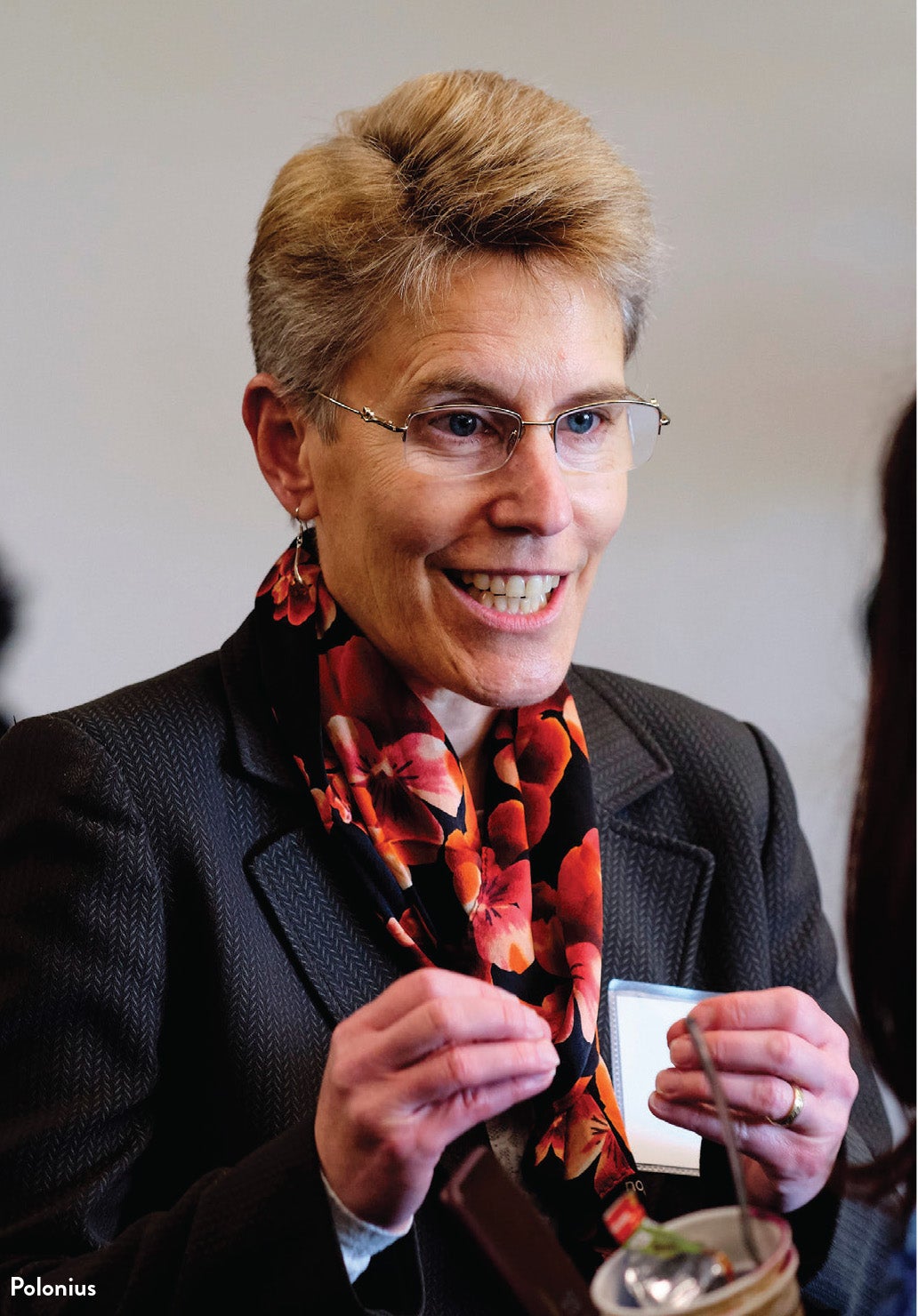What’s the recipe for building local prosperity—for all? Ingredients vary from place to place, but a few basics are essential in any community: inventive leaders who form partnerships to get things done, residents engaged in shaping solutions, and strong, flexible, local organizations. Since 1985, the Institute’s Community Strategies Group has equipped, connected, and inspired local leaders to build more prosperous regions and to support those living on the economic margins.
Starting in 2016, the program joined forces with the Northern Forest Center and the US Endowment for Forestry and Communities to pull 16 leading rural development practitioners into its Rural Development Innovation Group. In the face of media and social discourse fixated on everything rural communities lack, the group’s members are bringing to national attention the countless innovations at work across rural America.
With support from the Robert Wood Johnson Foundation, in early 2019 the program surveyed more than 40 of the nation’s foremost rural development experts, including Innovation Group members, and found that no one type of local or regional organization is best at grappling with challenges or leveraging opportunities in rural America. In one place, it might be a community foundation; in another, a local development organization or chamber of commerce; in the neighboring valley, it’s a community development financial institution; two states over, it’s a community action agency, or a regional nonprofit. These “rural development hubs” play a critical role in galvanizing communities to act and create lasting, systemic change.
Community Strategies Group will be releasing findings from its research throughout the year, including recommendations for how public and private investors can strengthen the environment for more rural innovation and progress. In the meantime, these perspectives from three members serve as a sneak preview.
“In Our Region, Everything Is Interdisciplinary”
By Connie Stewart
 In 1984, I moved to Arcata, California, to attend college—and never left. While the hundreds of rural California miles north of San Francisco rarely get the spotlight, the creativity and determination in our region rival none. Throughout my career, serving on the city council and as Arcata’s mayor, working for a state legislator, and now at the California Center for Rural Policy, my north star has always been community needs.
In 1984, I moved to Arcata, California, to attend college—and never left. While the hundreds of rural California miles north of San Francisco rarely get the spotlight, the creativity and determination in our region rival none. Throughout my career, serving on the city council and as Arcata’s mayor, working for a state legislator, and now at the California Center for Rural Policy, my north star has always been community needs.
A diverse group of community members from four counties bemoaned the quality of data and analysis available on issues affecting people in rural California. They wanted a partner with rural-specific knowledge and expertise essential to working in rural places. With that, our center was born. We quickly realized the dense connectivity among rural health care, infrastructure, and economic development. In our region, as large as Virginia but with only 400,000 people, everything is interdisciplinary.
Today, we provide better data to policy leaders and others working to improve life in rural California. We do not create reports that sit on a shelf collecting dust. Take, for example, our work on accelerating broadband deployment. Most broadband policy is designed with high-density places and large population centers in mind. Building from an initial $5,000 grant, we’ve helped leverage more than $80 million—$60 million in state funding and $20 million in private investment—for broadband deployment, bringing affordable, reliable high-speed broadband to more than 50,000 rural people.
Community Strategies Group has been an enduring and essential partner since our founding 15 years ago. When our community foundation, community college, and local university formed a leadership group to improve rural livelihoods in the region, Community Strategies Group served as our facilitator and partner. CSG is truly our mentor, champion, and godparent.
Connie Stewart is the founding executive director of the California Center for Rural Policy and a member of the Institute’s Rural Development Innovation Group.
“Our Communities Need All Their Entrepreneurs”
By Dennis West
 My vocation is to support the start and growth of local businesses. My avocation is to see them succeed. Only one in 10 of us has the attitude and aptitude to run our own business. But do all those one-in-10s have access to personal wealth, family wealth, or traditional capital sources? For many, the answer is no. To make it in rural places, our communities need all their precious few potential entrepreneurs.
My vocation is to support the start and growth of local businesses. My avocation is to see them succeed. Only one in 10 of us has the attitude and aptitude to run our own business. But do all those one-in-10s have access to personal wealth, family wealth, or traditional capital sources? For many, the answer is no. To make it in rural places, our communities need all their precious few potential entrepreneurs.
At Northern Initiatives, we help rural communities realize their fullest entrepreneurial capacity, adding to the ranks of those who have the opportunity to build wealth. Northern Initiatives, a community development financial institution based in Michigan’s Upper Peninsula, lends to small familyowned firms, helping them launch and grow. Today, our loan portfolio has 320 customers, each helping its community create a more differentiated economy. They are the salt that makes the community unique and whole.
Trust and sustained relationships in the communities where we work are essential to our business model. This is especially true in today’s digital world, where often only algorithms “know us,” sorting information and pushing ads based on our search histories, political leanings, and digital footprints. It feels far less creepy—in fact, it feels pretty good—when it’s your friends, family, and local businesses who know you, not your technology.
Community Strategies Group unites us with other organizations dedicated to rural success to share, learn, and innovate. We know from our own work that the starting point of whether you can grow a business is if you can move from working “in” your business to working “on” your business. CSG has supported me and my colleagues in creating the space, cultivating the ideas, and building the systems to do just that.
Dennis West is the president of Northern Initiatives and a member of the Institute’s Rural Development Innovation Group.
“The People in These Communities Are Not Giving Up”
By Ines Polonius
 Talent is distributed equally across the United States. Opportunity is not. I firmly believe—and Communities Unlimited is rooted in the belief—that access to opportunity should not depend on where you live, how much you have in the bank, or what you look like. That’s our vision and the heart of our work: everyone has the opportunity to live and work in their hometown.
Talent is distributed equally across the United States. Opportunity is not. I firmly believe—and Communities Unlimited is rooted in the belief—that access to opportunity should not depend on where you live, how much you have in the bank, or what you look like. That’s our vision and the heart of our work: everyone has the opportunity to live and work in their hometown.
How do we do this? Through old-fashioned human connection and ingenuity combined with cutting-edge technology. We work in a seven-state region in the South that spans the Mississippi Delta, parts of the Black Belt, Oklahoma tribal lands, and the Rio Grande Valley. Many people see these regions as lacking, and if you focus on the decades of poverty and the people and funders who have left, you could give up. What I see is different. I see a pool of entrepreneurs who are courageous, creative, and persistent.
When we started creating opportunities for people to lead and grow at Communities Unlimited, I had a big aha moment: I had tried this before and failed. Trying for a second time forced me to create space for others to try new things, fail, and learn from those experiences. Making failure OK is critical to creating an organization full of leaders. It has forever changed how we work.
It even informs how we work with communities. We can partner, coach, teach, and cheerlead, and, ultimately, the community leaders we work with are responsible for creating their own futures. If things fail the first time around, we all dust ourselves off and try again.
In the 2018 fiscal year alone, the technical assistance we provided leveraged $62 million in outside resources for small business and infrastructure projects in rural communities across our seven states. Last year, we lent just over $5 million for small businesses, community infrastructure development, and gap financing that traditional lenders could not supply.
We work and invest where others have given up because the people in these communities are not giving up. They have hope. They are willing to work as hard as it takes to make a better life for themselves and their children in their hometowns.
Work in rural places can feel isolating at times, not just to our field staff but even to our leadership. Since 2011, Community Strategies Group has provided Communities Unlimited with national exposure. Our work together, especially with the Rural Development Innovation Group, gives us access to innovation going on across the country while connecting us with philanthropic partners, think tanks, and others committed to a stronger rural America.
Ines Polonius is the CEO of Communities Unlimited and a member of the Institute’s Rural Development Innovation Group.